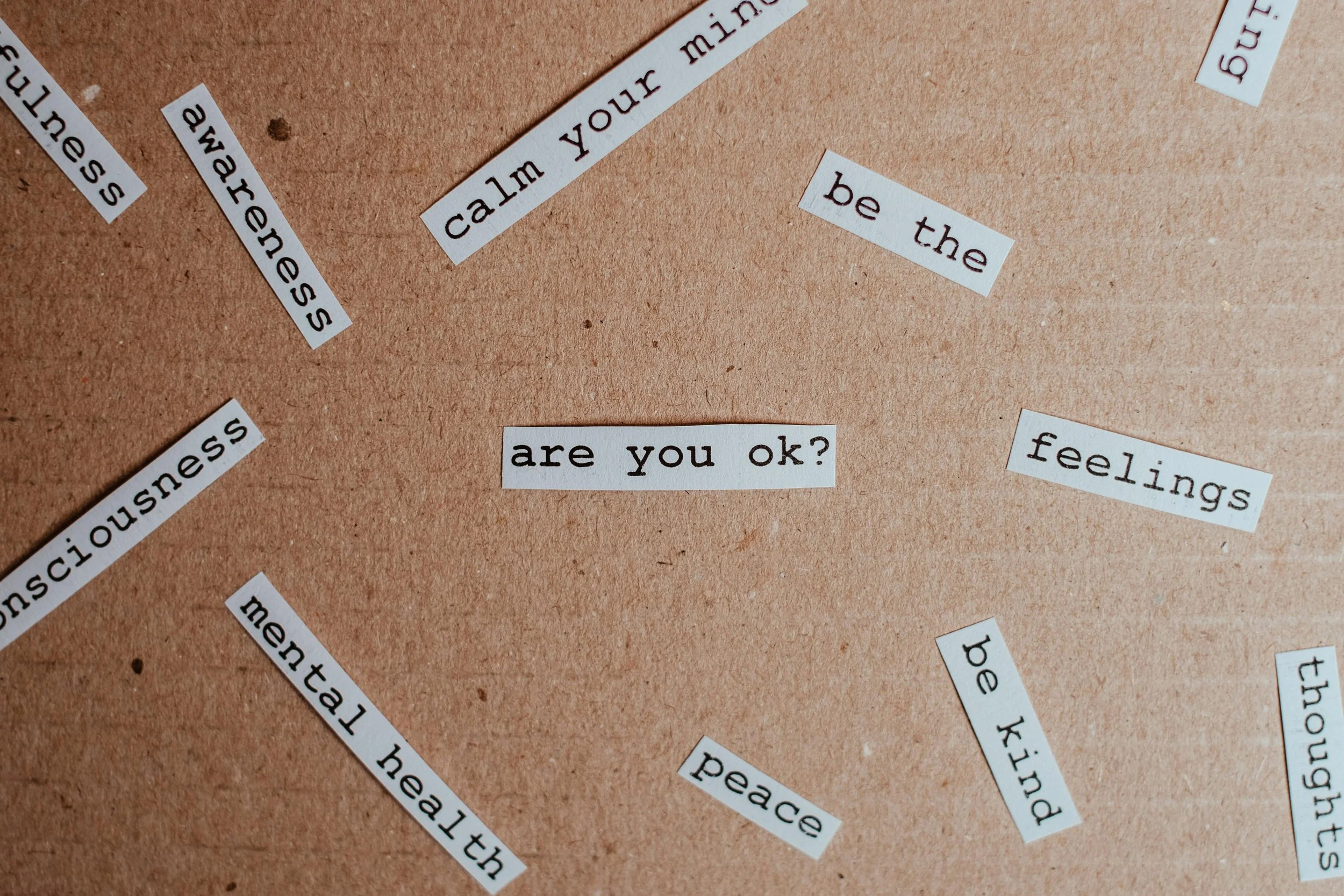Speaking from the Heart:How Anxiety Impacts Your Mental Health: Understanding the Effects.
Anxiety is a natural emotion that everyone experiences at some point in life. According to a survey by WHO (World Health Organization), anxiety disorders affected more than 301 million people in 2019. It’s the body’s way of preparing for potential threats.
However, when anxiety becomes overwhelming or chronic, it can seriously affect your mental health. Beyond the temporary nervousness before a big event, anxiety can shape the way your brain functions, impacting your ability to think, remember, and solve problems. Let’s explore how anxiety influences your mental health.
How Anxiety Affects Your Mental Health: Explained
Overflows Your Brain with Stress Hormones
When you experience anxiety, your brain responds by releasing stress hormones, such as cortisol and adrenaline. These chemicals are essential for survival, triggering the fight-or-flight response when you are faced with danger. But when anxiety becomes chronic, your brain is flooded with these hormones.
Chronic anxiety keeps your brain in a heightened state of alert, making it difficult to relax. This heightened state can interfere with sleep, lead to irritability, and contribute to long-term emotional distress.
Make It Hard for Your Brain to Solve Problems
A major impact of anxiety on mental health is its impairment of cognitive function. When you’re anxious, your brain’s resources are primarily focused on managing fear and stress. It leaves less energy for problem-solving and decision-making.
Anxiety often causes "catastrophic thinking”. As a result, you imagine the worst possible outcomes for situations. This kind of thinking limits your ability to find solutions to the problem. Even simple problems can seem insurmountable.
Train Your Brain to Hold Onto Negative Memories
The amygdala is a part of the brain involved in processing emotions. It becomes overactive during periods of intense anxiety. It strengthens the retention of negative memories.
You might begin to expect bad outcomes or dwell on past mistakes. This can contribute to feelings of hopelessness and depression.
Anxiety Can Diminish Your Ability to Focus
Anxiety often pulls your attention toward worries or perceived dangers. It becomes hard for them to stay focused on the present. Whether it’s at work or during simple daily tasks, anxiety clouds your ability to concentrate. It decreases your productivity and increases frustration and further anxiety.
Increase Irritability and Emotional Sensitivity
People experiencing anxiety often find themselves more irritable or emotionally reactive. This happens because the brain is in a constant state of hypervigilance. Small inconveniences, criticisms, or daily challenges may feel overwhelming for the patient. This increased irritability can strain relationships and social interactions
Long-Term Impact on Mental Health
Chronic anxiety leaves a serious mark on mental health. The persistent pressure on the brain’s stress system may cause substantial burnout, depression and even physical disorders such as hypertension or heart conditions. Anxiety can affect
How your brain processes information
How do you remember events
How you face challenges
In the long term, it limits the problem-solving abilities of the patient. Anxiety creates a mental environment that makes it harder to thrive.
Knowing these effects will help in the control of anxiety. Utilizing anxiety coping techniques can lessen the impact. Identifying anxiety in its early stages helps individuals avoid chronic anxiety disorder in all areas of their lives.
Disclaimers:
This blog content is for informational purposes only and does not substitute for professional therapy



